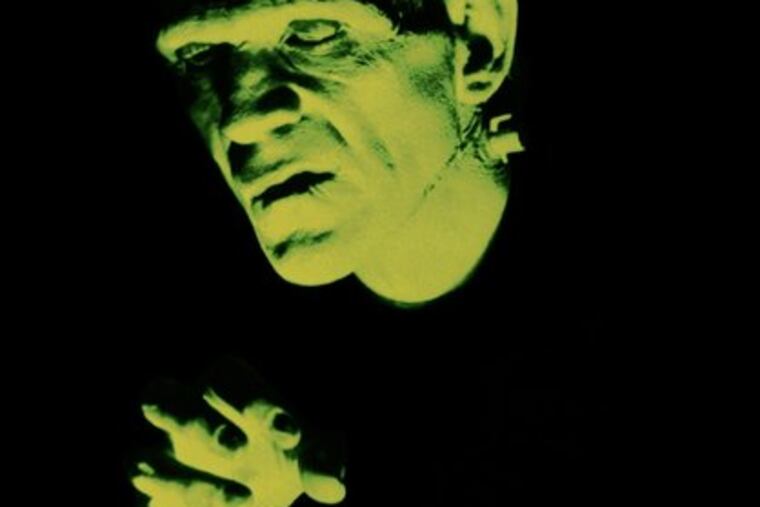With current crisis, a monster emerged
Capitalists who built the complex subprime market didn't see what they were creating.

Brooke Harrington
is an economic sociologist at the Max Planck Institute for the Study of Societies in Cologne
Remember the story of Dr. Frankenstein and his monster? In the original novel, by Mary Shelley, the doctor isn't evil - just a brilliant scientist out to prove his talent through innovation.
Quite unintentionally, by building something more complex than he can manage, Frankenstein creates the means of his own destruction - and destroys many other lives in the process. This may turn out to be the narrative structure of our current financial crisis.
While there may have been "greedy CEOs" and "reckless speculators" running amok on Wall Street, it's more plausible that those responsible for recent financial innovations were just rational capitalists - not evil geniuses bent on defrauding the public. The people who brought us the Byzantine structures of the subprime market were probably too busy maximizing profits to realize they were building a system that exceeded their understanding or control.
If, instead of imaginary monsters, you want to be scared of something real, try this: The biggest problem Americans face now is that no one really understands what's happening in the markets. The system is so complex that it overwhelms even the financial professionals and policy experts who are paid to understand it.
This suggests a very different strategy for addressing the crisis. Instead of using the tools that created the mess, or declaring open season on top executives, we should be applying complex systems analysis.
The science of complex systems has been around for decades, but only recently has it been applied to financial markets. Research centers such as the Santa Fe Institute in New Mexico pioneered the use of complex systems models to explain biological phenomena, such as aging and gene expression.
These are instances of what the late mathematician and computing visionary Warren Weaver called "organized complexity." They involve events that appear random, but only because they are governed by rules that elude current models and measures.
These phenomena are often misclassified and analyzed - with misleading results - using tools designed for random activity. Foremost among these tools are the statistical methods favored by physics and its social-science imitators: economics and finance.
There is good reason to suspect that financial experts are not the right people to fix the current mess. It's likely that the system crashed in part because of their inadequate grasp of the social forces underpinning markets.
Finance is dominated by a misplaced faith in the "efficient markets hypothesis" - the theory that people don't make prices, markets do. As a result, prices are thought to move randomly.
Randomness-based theories embraced by finance experts have produced debacles such as the failure a decade ago of Long-Term Capital Management, brought to us in part by two winners of the Nobel Prize in Economics. If that caliber of expert could do so much damage with inappropriate models, why should we expect better from their less illustrious colleagues?
If we really want to get our financial system up and running again, we're going to have to wade into the kind of "messy" social behavior excluded from economics and finance. That includes such issues as trust, which we need to understand to solve the problem of banks that won't lend to one another; or the challenge of pricing, which, as we saw in the stock market's recent spikes and plunges, is neither random nor in any sense governed by an invisible hand.
These are practical issues for which economists, finance professionals and policymakers have at best dubious models.
The saying goes, "If all you have is a hammer, everything looks like a nail." To solve a problem as complex as the market crisis, we need a wide array of tools. If the U.S. government thinks it worthwhile to employ a chief economist, why not someone who understands the human factors that move markets - a chief sociologist or psychologist?
Historically, the argument has been that economics is a "practical," applied social science with outstanding predictive powers, while sociology and psychology are too focused on exploration and explanation. But this view is long out of date: Economics has changed dramatically since the computing revolution of the mid-20th century, becoming so theory-oriented that data from the real world is largely irrelevant.
Sociologists and psychologists, however, are data-driven. We tackle practical problems without excluding the factors that make social systems complex: the emotions, such as fear, greed and confidence, that drive so much economic behavior; the trust in institutions, such as banks and courts of law; and the fragile, unspoken agreements that allow us to exchange pieces of paper for food, housing and other essentials.
That's the kind of expert we need to address the breakdown of a system grown too complex for its own creators.